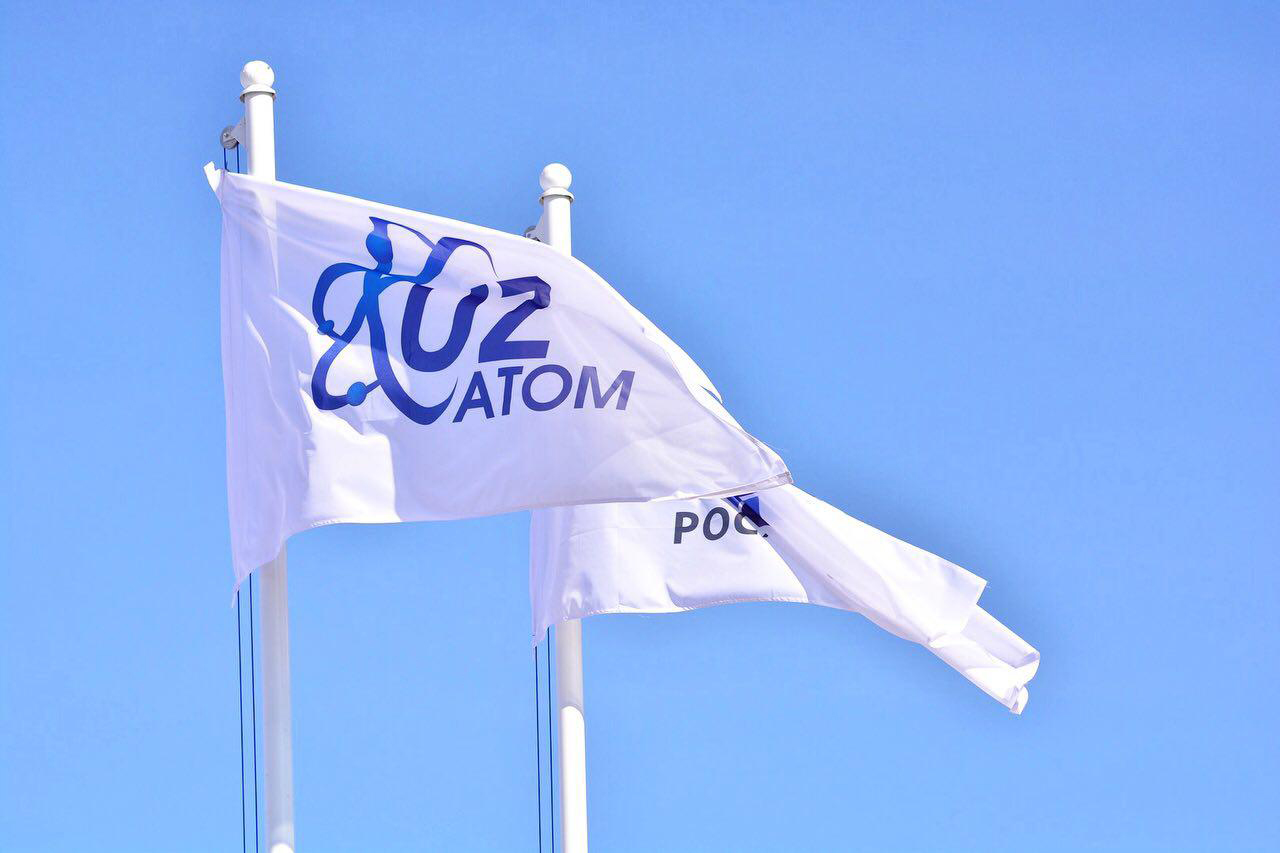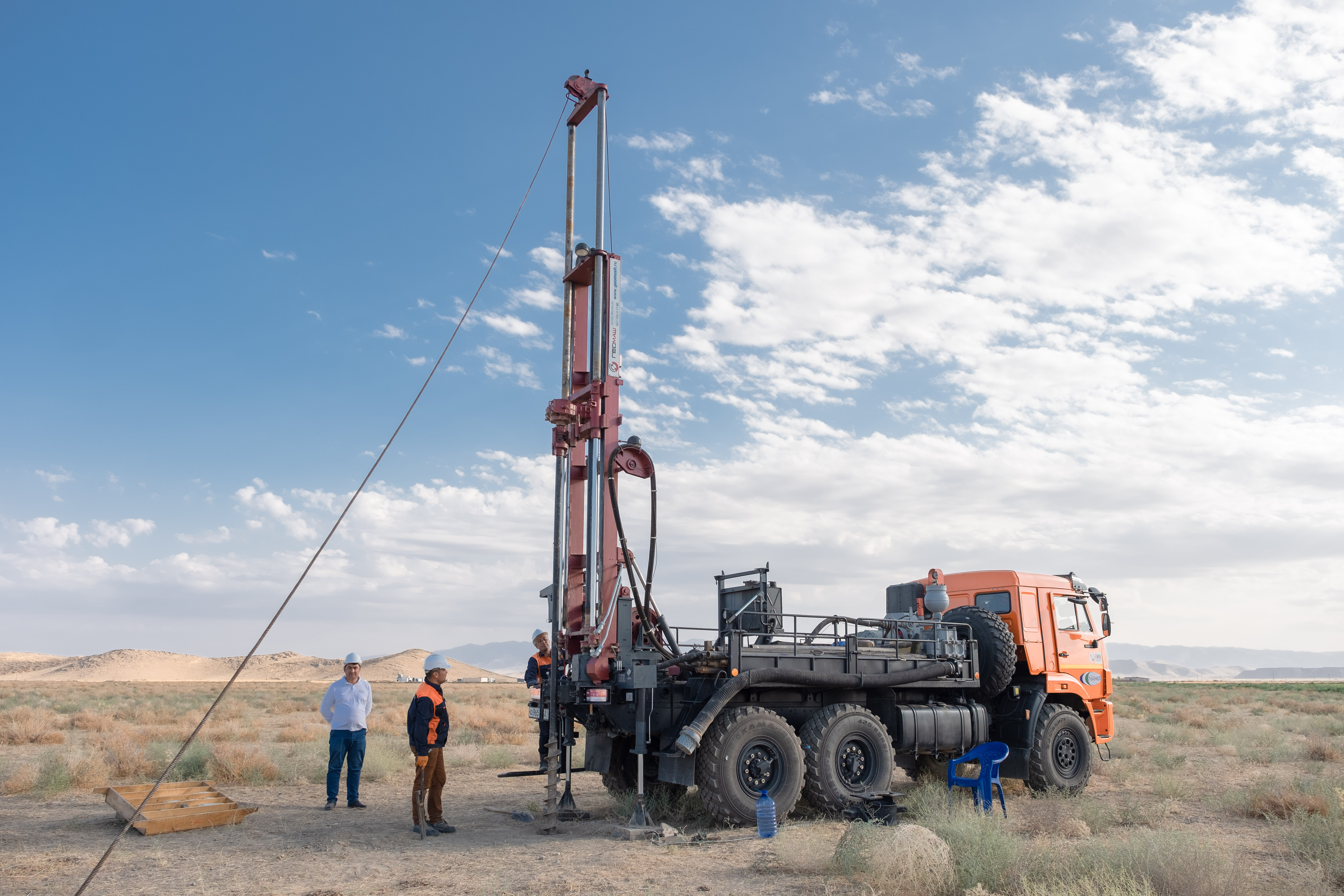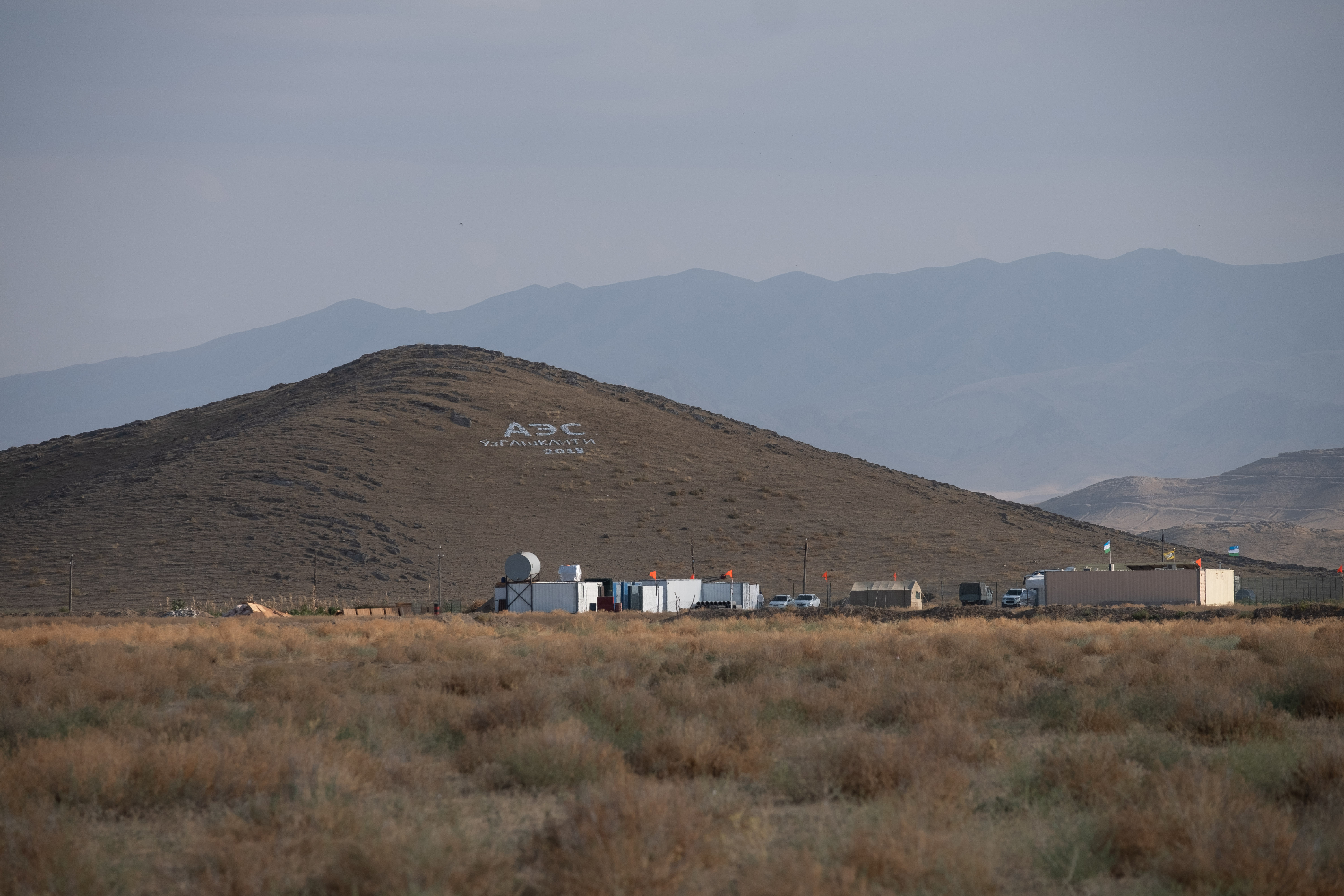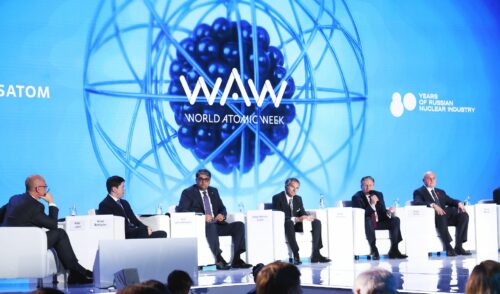
The Right Solution
back to contentsThe article entitled Nuclear Energy in Uzbekistan as Solution to Energy Shortage and Decarbonization was published by the national news agency Uza.uz and reprinted by Belgium’s EU Political Report.
The article reminds that according to the Roadmap for Electricity Supply in Uzbekistan in 2020–2030 approved by the government last year, electricity consumption in the country is expected to reach 120.8 billion kWh by 2030 (a 1.9-fold growth compared to 2018). “If power generating capacity does not spike in the years to come, the country might face a critical shortage of electric power. The roadmap provides therefore for an increase in capacity from 12.9 GW to 29.3 GW by 2030, with power generation to grow from 63.6 to 120.8 billion kWh,” the authors of the article point out. However, power generation should also be sustainable since Uzbekistan made a commitment to reduce greenhouse gas emissions. In order to meet this commitment the country will build new green generating capacity using solar, wind, hydro and nuclear energy. “The national energy mix in 2030 is assumed to consist of solar (17.3%), wind (10.4%), hydro (13.1%), nuclear (8.3%) and thermal (50.9%) energies,” the article says.
“The future of energy generation in the world and Uzbekistan lies with symbiotic relationships between renewable energy sources and nuclear power plants,” the article quotes Prof. Kakhramon Allaev, D. Eng., a member of the Uzbekistan Academy of Sciences, as saying.

The authors of the article point out that people living in Uzbekistan support the construction of the country’s first nuclear power plant. In 2019, the center for public opinion research Ijtimoiy Fikr conducted a social study that showed more than a half (69.5%) of respondents were sufficiently informed about nuclear energy. “Respondents noted the importance of nuclear energy for satisfying energy needs and saving natural resources,” the article says. Most respondents (85.6%) agreed with the statement ‘I will support nuclear generation in the country.’ Every second respondent (55.7%) was willing to work on the construction site or at the nuclear station.
The plans to build a nuclear power plant with Rosatom announced in 2018 have become a major breakthrough for the national energy policy, Bakhtiyor Ergashev, Director of Ma’no Center for Research Initiatives, shares his opinion in the article Nuclear Energy as Sustainable Growth Driver for Uzbekistan published by Uza.uz. The expert refers to the government forecasts and demographic growth and reminds that the need for electric energy in Uzbekistan is on the rise. “Our growing and developing economy needs electric power badly – the country needs it right now, in the coming years, and not in a longer term,” Bakhtiyor Ergashev points out. According to the expert, nuclear energy will help the country deal with that ambitious challenge. “Our country has an excellent opportunity to walk the same way much faster than the others. Construction of a nuclear power plant might become a key point in the county’s accelerated capacity build,” the expert believes. He notes that one-time investments in the construction of a nuclear power plant are indeed higher than investments in a conventional power station, but operating costs, particularly the cost of fuel, are much lower. Over a few decades’ horizon, nuclear generation is more cost-effective than conventional sources of energy. Another advantage of a nuclear power plant is a longer service life, which is no less than 60 years and can be extended for 20 more years. “Benefits of nuclear energy are not limited to a reliable supply of cheap energy – it is also a tool to achieve sustainable development and improve the quality of life,” Bakhtiyor Ergashev notes.
Leading international organizations, among them the International Atomic Energy Agency (IAEA), are very positive about the efforts Uzbekistan makes to develop nuclear technology in the country. In February, IAEA Director General Mariano Grossi had a meeting with Ambassador Abat Faizullaev, Uzbekistan’s Permanent Representative to the international organizations in Vienna. The IAEA Director General appreciated the rapid development of cooperation with Uzbekistan in 2020 despite the pandemic, Kun.uz reports. The Director General and other high-rank representatives of the IAEA also held meetings with Uzbekistan’s top officials. Last year, an IAEA delegation headed by Deputy Director General Massimo Aparo visited Uzbekistan. Country officials also took part in tens of the IAEA events organized mostly online.
In addition, a representative of Uzbekistan was for the first time ever included in a nuclear infrastructure review team, whose decisions define the infrastructure strategy of the agency for the years to come.

Uzbekistan expects its cooperation with the IAEA to grow extensively in 2021. In particular, Tashkent plans to invite international missions to the country, including the Integrated Nuclear Infrastructure Review mission that will consist of over 20 international experts. With support from the ambassador to Vienna, Uzbekistan’s representatives will participate in discussions, workshops and training courses organized by the IAEA.
Technology cooperation projects provide for the supply of advanced equipment to the Tashkent Municipal Oncology Center, a metrology laboratory of the Uzstandart Agency, and the Nuclear Physics Institute of the Uzbekistan Academy of Sciences.




